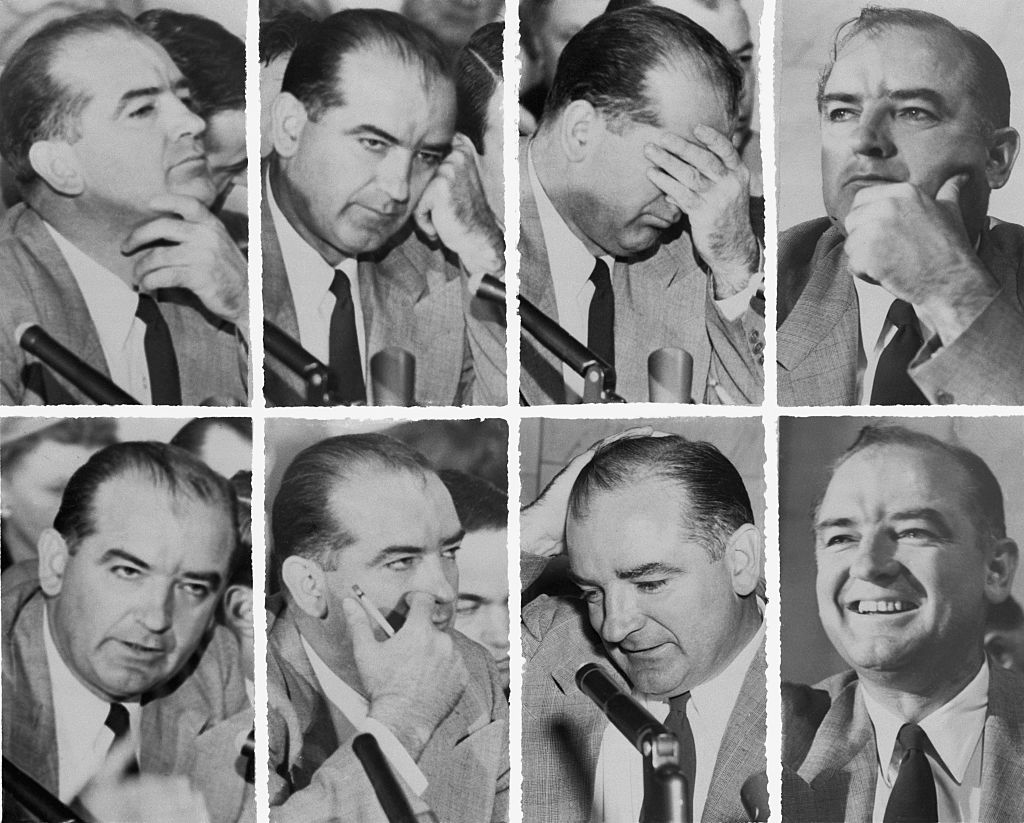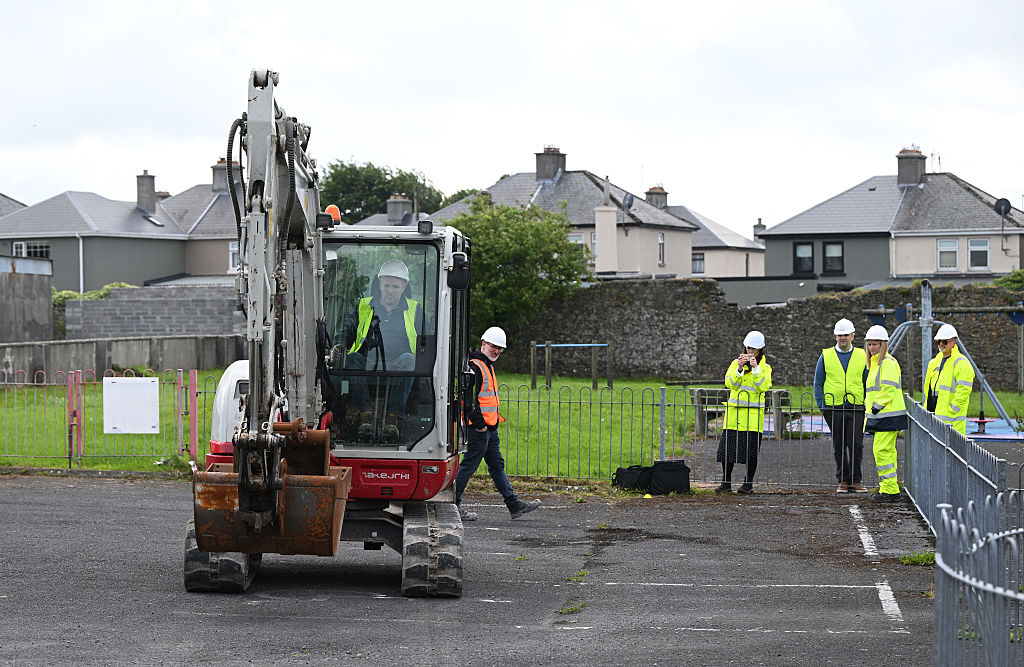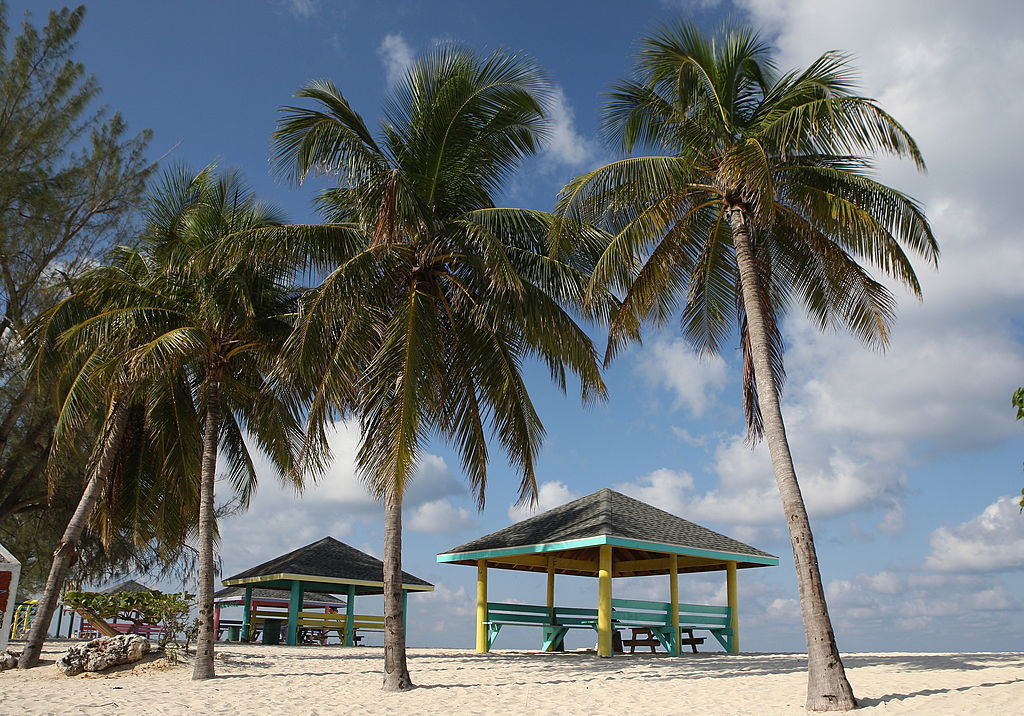When, as they have done, the Visegrad Four talk about events in central Europe, wise folk listen. Those countries – Slovakia, Poland, Hungary and the unconvincingly-named Czechia – are not submissive stooges of Russia, all four having been conquered and governed by the Kremlin. They’re opposed to the EU endlessly funding Ukraine’s defence, perhaps because they know Russia too well, for it is not resource-poor. India and China will continue to fund its war-chest with oil-purchases, if necessary by bootlegging – a term possibly known to the US – while Russia’s manpower needs are attended to by a uniquely Russian source.
Now perhaps no journalistic term deserves the fate reserved for those who confidently refer to “national identity”, which is to have their eyes sandpapered with saltpetre while slowly being garrotted with barbed wire. There is one exception, and that is Russia. Why? Because it is Russia, the exception to all rules, as recently characterised by a letter from one Mergen Mongush writing from Moscow to The Financial Times. For us in Russia, wrote Mongush, the future always depends on “our army”. When that army is defeated, its leader is assassinated, as with Alexander II, or executed like Nicholas II, or ousted like Gorbachev or made to resign like Yeltsin. When it wins, the leader either dies peacefully in bed or remains in power to start another war like Putin.
That’s about it, in a nutshell, which also contains the rhetorical jewel that the vile butchery of the entire Romanov family in Yekaterinburg, was an “execution”, oh, you know, as in Nuremberg. Likewise, Russians clearly feel no shame that their current leader is a serial murderer whose barbaric incompetence in Ukraine has cost their army one million casualties, dead and wounded, in just three years, about the the same as British army’s losses for the entire Second World War. But Russia is used to such bloodletting. In the two-week Battle for Berlin 80 years ago last May, Soviet losses amounted to 81,000 dead, 280,000 wounded, with 1,000 aircraft, 2,000 tanks and 2,000 artillery pieces destroyed. The British army’s dead, from the Normandy landings to VE-Day eleven months later, at 36,000 were under half those suffered by the Soviets over that final fortnight.
As Stalin observed, quantity has a quality all of its own: And westerners seldom understand that when dealing with Russia, quantity dominates the Kremlin’s thinking. So, we desperately want an end to the Ukrainian war, but with minimal consequences downstream, concepts that would be incomprehensible to Putin. Feeding the Ukraine’s ability to defend itself makes moral sense to us, but “moral sense” makes no sense at all when dealing with Russia. Today’s stark military reality is the harvest of half a century of EU/EEC torpor, comfort and cowardice. We cannot undo that abysmal past, but must make what we can from the melancholy and ill-fitting parts bequeathed to us by a truly abject history.
The Visegrad Four understand that the war in Ukraine could still last as long as it has already lasted, a concept too terrible for contemplation, but contemplate it we must. Europe is politically and militarily incapable of intervening, and all Trump’s America will do is to supply munitions, but at a cost. No war-winning initiative is possible for Ukraine, other than Russian exhaustion, and Putin knows if he surrenders to that, he dies, and badly.
This is what the V4 realise. The only way to end the war is to allow Putin to keep, by international agreement, the eastern provinces that he has already conquered and for Kyiv agreeing to become a militarily-neutral adjunct of the EU. There can be no question of Ukraine ever being in NATO, or of the EU becoming what its more deranged elements want – and this includes the insatiably power-hungry von der Leyen – a military power. Anyway, a EU “army” would be as comical as Europe’s attempts to make a joint strike-fighter – namely three fighters, and not even a common training aircraft. Europe does dreams well: Common sense, never. We should at least be grateful to Putin for finally waking the EU up to reality, and not be deluded by the exotic great-power hallucinations of Brussels’ Eurofantasists.
The brooding presence on Europe’s eastern flank reminds us that whereas an address defines, religion refines. And when both address and religion fuse, they achieve an almost preternatural dimension. Israel is one such state, but so too is Russia, which sees itself as the true heir of Christ’s kingdom. The founder of modern Russia, Peter the Great, modestly named his capital after himself, but in the guise of St Peter, who was in effect the founder of Rome as the Christian Capital. Appropriately, the “tsar” is the Russian form of Caesar, a verbal witchcraft that turns Russia into the true heartland of Christianity, as faithfully represented in its icons, its Caesars and most particularly its music.
This is especially so for the works of the composers known as Могучая кучка, or “The Mighty Bunch”, also called “The Five”, whose pens were musical swords in the service of their motherland. They were inspired by the discordant notes of the pioneer Russian composer Glinka, whose musical perceptions were framed around the accidentally-dissonant church-bells he heard throughout his confined childhood. Glinka and The Five genuinely believed in a very distinct Russian “soul”, which they expressed in their haunting, tonally-dissonant music, as too did Tolstoy, Dostoevsky and Solzhenitsyn in their writings. This “soul” is a corporate entity, disdaining the selfish individualism of the West. “Soul”, unlike gold, can be imagined into existence.
In addition to being an astonishing composer, Rimsky-Korsakov was a career naval officer who often crossed the Pacific on the quarter deck of a battleship. His friend and associate within The Five, Borodin, an even finer composer, was also a scientific chemist. Can one imagine an American naval officer composing anything like Scheherazade or an American scientist devising anything to equal Borodin’s Number 2 String Quartet in D Major, though its meticulously precise revisitations of already-examined chords is certainly worthy of an aliphatic chemist. These two, along with their comrades, not merely believed in their art, they also believed in the spiritual component of Mother Russia, and penned paeans in her name.
So, there is a troubling unity between the Russias of the Kalashnikov rifle and of the Rimsky-Korsakov concerto that exists in no other advanced society. This “Russia” is unique, both in its continental scale and the passionate identification that its people feel for it. A million Russian lives have been lost or ruined in the killing fields of Ukraine, and the original cause of the war is now as meaningless to the combatants as the Archduke’s murder was to the armies of 1918. Quite simply, Russia is at war again. It has lost wars before – the Winter War of 1939 was as great a humiliation as that of Ukraine – but in the longer term Russia won that war also. The longer term: that is a concept Russians implicitly understand, and we in the West do not.
What we do possess is a deep desire for peace, not as in an absence of violence, but as enduring norm that forms a civic triangle with consensual law and volitional trust. But trust and law in Russia emerge jointly from the barrel of a gun, from a police tap on your phone and your best man seducing your wife while being an informer for the FSB, the internal intelligence service, whose sovereignty traverses eleven different time-zones and 26 official languages. Deduct coercion from that stew of tongues and competing clock-faces and whatever remains is the outcome dreaded not merely by every Russian ruler from Ivan the Terrible to Putin, but also by the rest of the planet, namely transcontinental anarchy. It is in Europe’s interests (and not just to mask its utter hopelessness) that the authority of Kremlin continues from Kaliningrad to Vladivostok. The world needs a strong Russia, and if necessary bound by the magic of its musicians and its writers, with some help from the FSB and the occasional thumb-screw.
When the art of clock-making arrived in Russia, the norms of elsewhere were inverted. Instead of the hands moving around a static face, the face rotated beneath the fixed hands. The Scottish engineer and clockmaker Christopher Galloway explained: “As the Russians are different than other people, the things made should be that way accordingly.”
So, again accordingly, the US, the EU and NATO must help Russia end its Ukrainian war with the appearance of winning it, while keeping the reality of Ukraine intact and breathing. Let Putin have his victory parade through Red Square, past Lenin’s Mausoleum where the evil bones of Russia’s first non-royal Tsar are pickled in perpetuity, and beneath the Spasskaya Tower where Galloway installed his contradictory Russian clock. Likewise, two versions of the outcome of the Ukrainian War are now needed, with both sides winning. This would be impossible anywhere else in the world, but not, surely, in the Mother Russia.
Kevin Myers is an Irish journalist, author and broadcaster. He has reported on the wars in Northern Ireland, where he worked throughout the 1970s, Beirut and Bosnia.





Every metric in British life reeks of necrosis